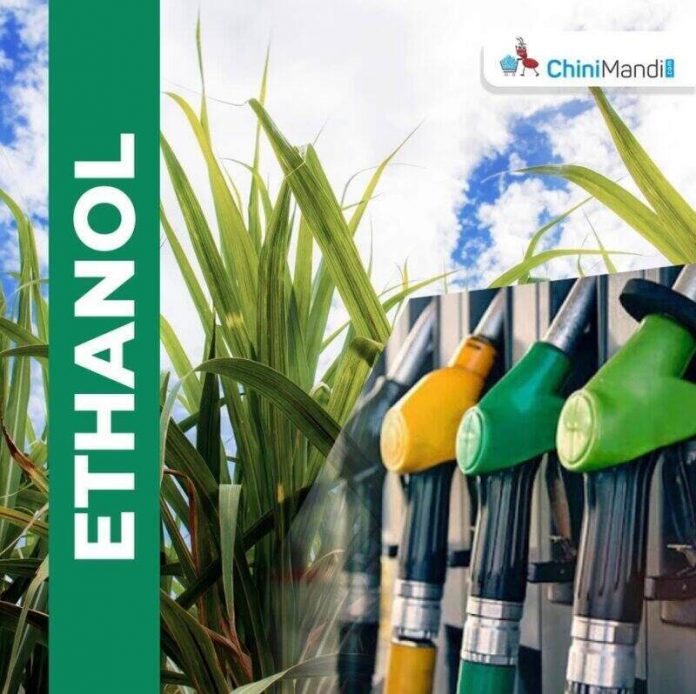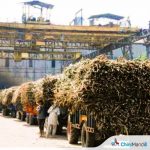New Delhi [India], December 12 (ANI): Aligned with the government’s thrust towards ethanol adoption in India, the Society of Indian Automobile Manufacturers (SIAM) organised a technology demonstration on ‘Ethanol Adoption-Flex Fuel Vehicles in India’ at India Habitat Centre in New Delhi on Monday.
It was done to demonstrate the readiness of automobile manufacturers for ethanol adoption through multiple segments of FFVs slated to be launched, particularly in the four-wheeler and two-wheeler segments.
Union Minister for Road Transport and Highways, Nitin Gadkari inaugurated the demonstration session where vehicle features and technological developments were showcased to emphasise the use of FFVs and future possibilities.
The demonstration was organized as a part of the year-round activities to promote the use of ethanol. The programme saw participation from automotive industry experts, government officials, oil Industry and other stakeholder associations.
The Centre has mandated SIAM to promote ethanol as a transportation fuel, jointly with the Ministry of Heavy Industries (MHI).
India’s Ethanol Blending Programme is driven by the highest level within the government. The important deadlines decided for pan India implementation of E-20 are 2023 for vehicles to be material compliant, and 2025 for vehicles to be fully E-20 compliant.
Maruti Suzuki India, TVS Motor Company, Bajaj Auto Limited, Hero MotoCorp, Honda Motorcycle & Scooter India, Suzuki Motorcycle India, Yamaha Motor India and Royal Enfield participated in the exposition and showcased their flex-fuel technology.
In his address, Gadkari said, “At COP 27, India has promised a gradual switch to cleaner fuels and reduce household consumption in order to achieve net zero emissions by 2070. Therefore, it is our responsibility to spread awareness and impart education about ethanol-blended petrol and its benefits, compared to traditional fuel. India is rapidly building up a sustainable ecosystem to cater to all futuristic alternate fuel needs.”
The fuel import costs of India, the Minister said will be reduced by a huge margin, thus saving foreign exchange fund and building strategic advantage of being Atmanirbhar. Currently, the ethanol blending levels in petrol stand at more than 10.17 per cent across the country and all stakeholders are working in tandem to improve it further.
“Apart from the monetary benefits that will be generated as a result of these alternate fuels, economic benefits will also arise for the farmers, who will be supported through an additional source of income. The sugar manufacturers of India who have played an important part in the current ethanol milestones of the nation will reap similar economic benefits,” he said.
Talking over the technology demonstration, Vinod Aggarwal, president, SIAM, CEO and MD, Volvo Eicher Commercial Vehicles, said, “Stakeholders in the ethanol value chain have received continuous support from the government which will enable the transition to sustainable mobility. The Indian automobile industry and SIAM have been proactive in supporting the government’s vision, leading to adoption of E10, 5 months ahead of schedule.”
“We are now aligned for rolling out E20 material-compliant vehicles from April 2023 and production of E20-tuned engine vehicles from April 2025 and the Indian automobile industry has developed products to enable this shift. Ethanol adoption, apart from leading to GHG emission reductions, will also help the country reduce its import dependence and thus saving precious foreign exchange, which is aligned with SIAM’s vision of Building the Nation Responsibly,” Aggarwal said.
Over the years, SIAM has been engaging with governments, corporates, and various stakeholders in an effort to advocate a transition to cleaner fuels and innovative technologies, aligning with SIAM’s objective of ‘Building the Nation Responsibly’ and nurturing sustainable mobility and sustainable development goals, 2030. (ANI)












